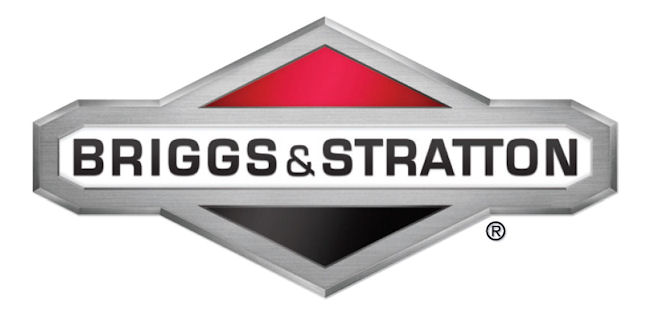The top salespeople in the grounds maintenance segment of the industry sell more than $1 million in new annualized contract revenue every year. The industry’s top account managers in the same segment manage more than $2 million in business with a mix that might include $1.4 million in contracts and $600,000 in additional upsells.
How do they do it? First, they are confident, asking good questions and listening. Second, they focus on achieving their key performance indicators monthly (number of leads worked, number and dollar volume of proposals delivered and number and dollar volume of contracts closed). Third, they are very good time managers, wasting little time on low probability leads and proposals. Fourth, they are always prepared for the sales call.
It is axiomatic to say that sales success is based on numbers. If you have enough leads, it should produce enough proposals to achieve the sales goal. But this is only true if it can be done within the time available. Time is the salesman’s scarcest resource. Salespeople who manage it poorly always will come up short of their goals.
Therefore, it makes all the sense in the world to train your sales staff to make the most of the time they invest with a prospect or customer. To do this, let’s start with the idea that every sales call is a decision-making call. In other words, the salesman must expect the customer to make a decision that either 1.) closes the sale (really good), 2.) declines the sale (not fun but still good because no more time needs to be expended in the chase), or 3.) advances the sale with a specific next step (like a presentation with a decision maker or a final submission of best offer).
Making the most of every call is a matter of preparation. The best preparation should follow a predictable pattern. Let’s call it the salesman’s pre-call routine. Before any call the salesman should answer the following:
1. What’s my objective here today? Is it to get a decision (yes or no) or an advance?
2. What’s my agenda to achieve this? Set up expectations for the call, review needs and wants, handle objections, negotiate price/scope and ask
for a decision.
3. What are their potential objections to doing business with me? These could be price, cost, changing a vendor, necessity, schedule and/or capability. What are my responses?
4. What are my negotiating positions? Will you provide a discount if it’s the only option? What’s your position on value engineering, scope change, value pitch, term (multiyear deals) and concessions on future proposals?
5. What’s my close? This should be a summary and request, such as: “It sounds like we have covered everything, and we agreed at the start of the meeting that we wanted to make a decision today. How do you want to proceed?”
The best salespeople don’t wing it. They are prepared. This allows them to control the sales call with confidence and make the most of their own and the customer’s time. I recommend that all sales managers develop pre-meeting routines with their staff and watch their peoples’ confidence and performance increase.

